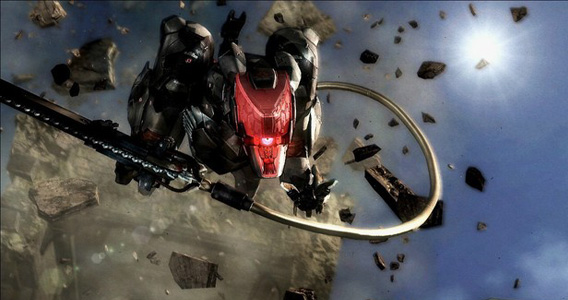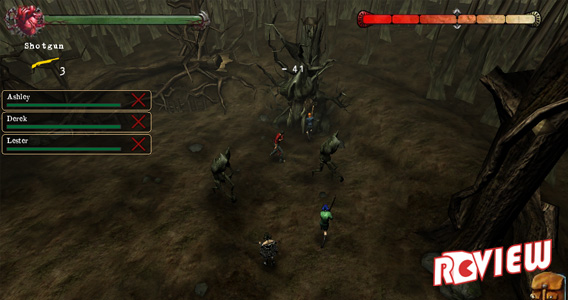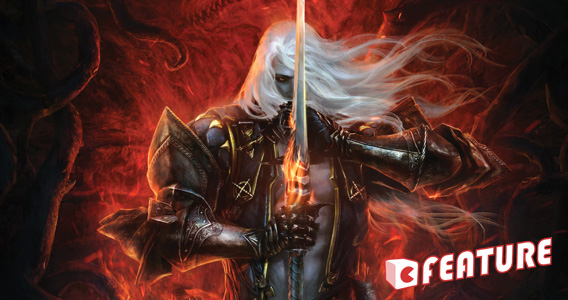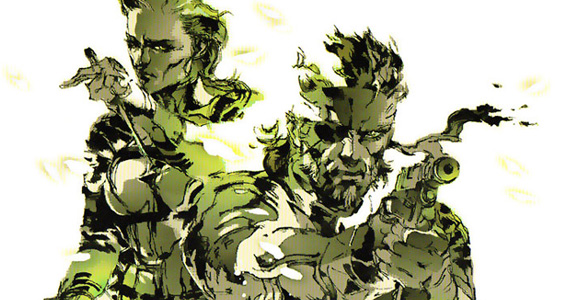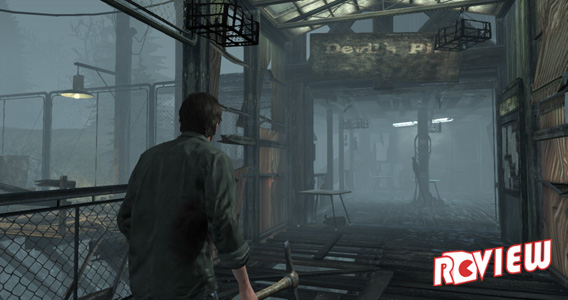
While the Silent Hill Tourism Board has long since given up hope, the collapsing town still attracts a few lost souls each year as stray individuals find themselves wandering the misty streets and confronting truths they’ve worked hard to suppress.
I suppose Silent Hill is a bit like the town Freud might have built, where the subconscious takes physical shape and the only way to survive the demonic torture chamber unleashed is to shine light on the darkest recesses of the mind, exposing what visitors have failed to resolve on their own and desperately tried to bury.
The earliest visits to Silent Hill began with physical searches, whether it was Harry Mason searching for his lost daughter, or James Sunderland chasing the chance to see his wife again. That latter search set the bar for a series about people burdened by the past, forced through a cathartic process while wandering those streets. It’s a legacy that frames Silent Hill as a twisted parental hand that isn’t really trying to kill people, but rather, attempting to heal them.
Silent Hill is a psychological meat grinder, with people going in one end and the crank slowly turning to show the raw meat at the heart of each. It isn’t surprising that the premise has created formulaic entries in recent years, such as 2008’s Homecoming, which seemed to create a patchwork quilt from previous releases. But 2009 saw the release of Shattered Memories, which attempted to include the player in the analytical process, and regardless of your feelings toward that release, that experiment created a Silent Hill title that was unquestionably unique.
There are times that Downpour appears to bridge the gap between those points, mixing familiar mechanics and mind games to find brief moments that feed on the player to create some space for empathy with the trials of convict Murphy Pendleton. But as the truth about Murphy comes to light, the complicated narrative misses any opportunity to truly create a character that earns enduring sympathy or comprehension.
(more…)

